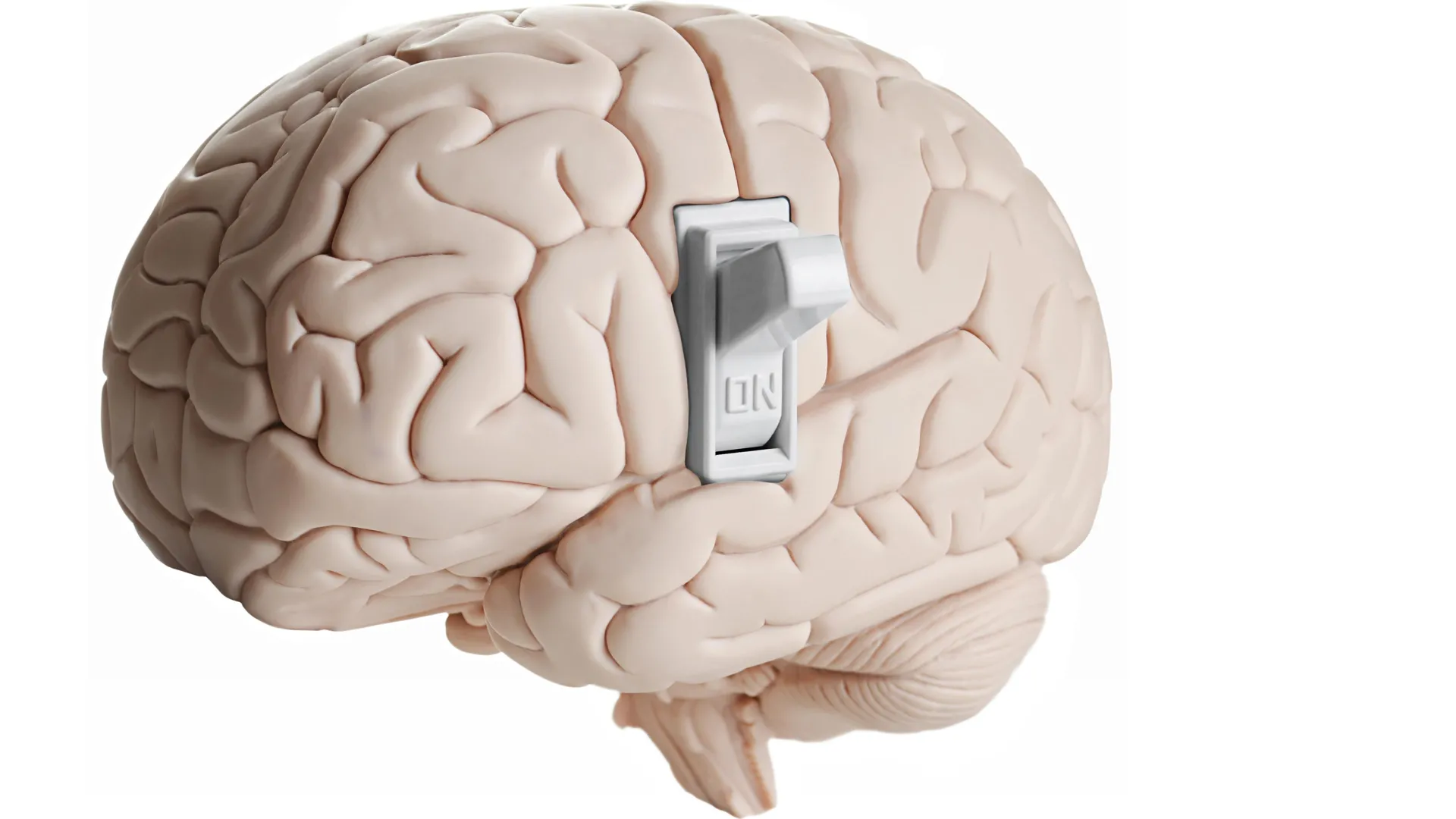Unlocking the Secret to Appetite Control: New Research Could Change Weight Management Forever!

Imagine a world where controlling your appetite isn’t a daily battle, but a thing of the past. Researchers at Leipzig University and Charité – Universitätsmedizin Berlin have unlocked a crucial mechanism that may finally help us understand how our brains regulate hunger. This groundbreaking study reveals the vital role of a protein called MRAP2 (melanocortin 2 receptor accessory protein 2) in influencing the MC4R (melanocortin-4 receptor), a key receptor in appetite regulation and energy balance.
Published in the prestigious journal Nature Communications, this research dives into how MRAP2 interacts with MC4R. MC4R is particularly significant as it is activated by the peptide hormone MSH, which plays an integral part in controlling our feelings of hunger. Genetic mutations in this receptor are among the most common causes of severe obesity, making this discovery not just innovative but potentially life-changing for millions.
Dr. Patrick Scheerer, project leader at CRC 1423 and co-author of the study, explains that understanding the 3D structures of the active receptor interacting with drugs like setmelanotide—an already approved drug that curbs appetite—has paved the way for deeper insights into receptor function. He proudly states that the Collaborative Research Centre (CRC) 1423 has significantly advanced our understanding of receptor transport and availability.
Using cutting-edge techniques like fluorescence microscopy and single-cell imaging, the research team demonstrated how MRAP2 dramatically alters the localization and behavior of MC4R within cells. Their innovative use of fluorescent biosensors showed that MRAP2 plays an essential role in moving MC4R to the cell surface, where it can effectively transmit appetite-suppressing signals.
With this newfound understanding of MRAP2's regulatory role, the study opens the door to therapeutic strategies aimed at mimicking or modifying MRAP2, offering hope for innovative treatments to combat obesity and related metabolic disorders. Professor Heike Biebermann, another key researcher at CRC 1423, emphasizes that this international collaboration has not only unveiled critical physiological aspects but also holds significant therapeutic relevance.
Dr. Paolo Annibale, co-lead author from the University of St Andrews, reflects on the exciting opportunity this study provided to apply various microscopy techniques in a biological context. The fusion of expertise in live-cell fluorescence microscopy, molecular pharmacology, and structural biology, brought together from institutions across Germany, Canada, and the UK, illustrates the power of interdisciplinary science to unveil new mechanisms in receptor regulation.
About CRC 1423: Funded by the German Research Foundation, this four-year research initiative involves five institutions working together on 19 sub-projects aimed at understanding the structural dynamics that influence GPCR function—a vital step in the quest for better appetite control and weight management.




























